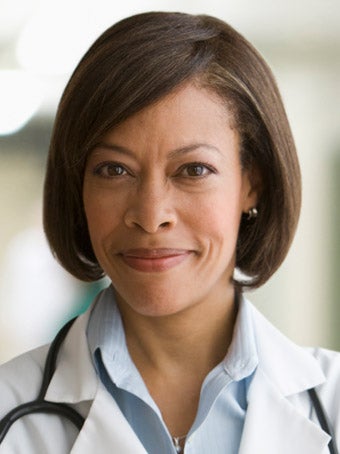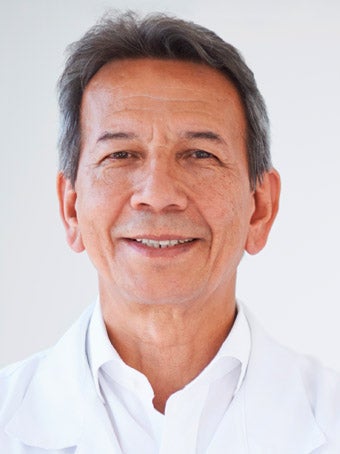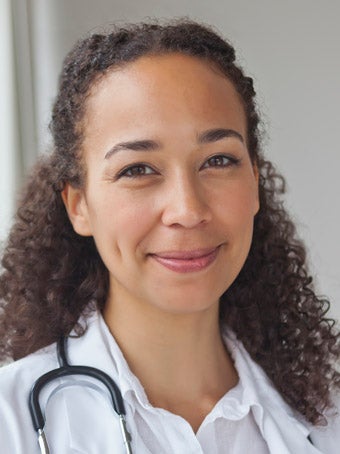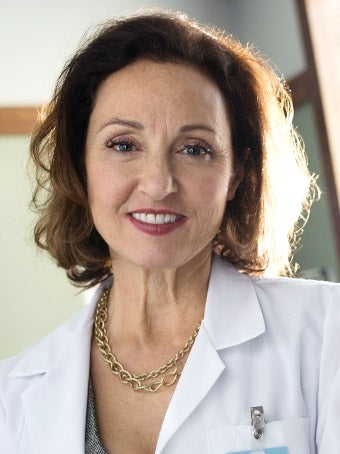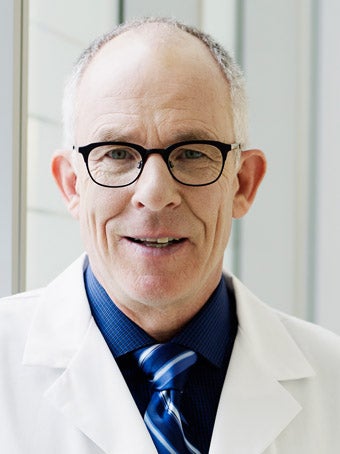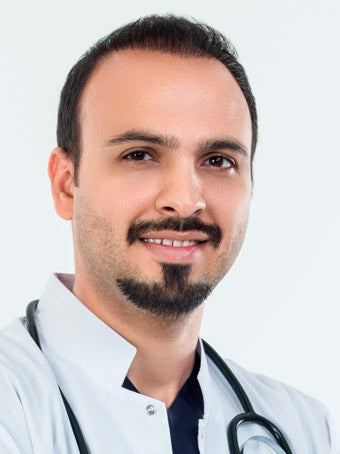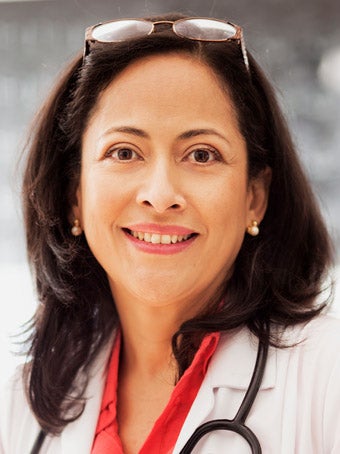Breast Cancer: Newly Diagnosed
January 2, 2023Being told you have breast cancer can be scary, and you may have many questions. But you have people on your healthcare team to help.
Coping with fear
It’s normal to feel afraid. Learning about your cancer and about the treatment options you have can make you feel less afraid. This also helps you work with your healthcare team and make the best choices for your treatment. You can also ask to speak with a counselor.
Working with your healthcare team
Your healthcare team will likely include:
-
Gynecologist. This is a healthcare provider who specializes in female health.
-
Medical oncologist. This is a healthcare provider who specializes in using chemotherapy, hormone therapy, and targeted therapy to treat cancer.
-
Radiation oncologist. This is a healthcare provider who specializes in using radiation therapy to treat cancer.
-
Surgical oncologist. This is a healthcare provider who specializes in surgery to treat cancer.
-
Plastic surgeon. This is a healthcare provider who specializes in using surgery to rebuild the breast shape after the cancer is taken out (breast reconstruction).
Along with these healthcare providers, you will have nurses, social workers, radiation therapists, and other healthcare providers working with and supporting you. They will answer any questions you may have. They’ll help you through each of the steps you’ll take before, during, and after treatment. Your team will let you know what tests you need and the results of those tests. They’ll guide you in making treatment decisions and help prepare you and your loved ones for what’s ahead.
Learning about treatment options
To decide the best course of treatment for you, your healthcare team needs to know as much as they can about your cancer. This may involve getting some tests and working with more than one healthcare provider. And you may decide that you want to get a second opinion to help you choose a treatment.
Treatment for breast cancer usually starts a few weeks after diagnosis. That gives you time to:
-
Get more tests, if you need them
-
Talk with your healthcare team about treatment choices
-
Get a second opinion, if you want one
-
Decide about treatment
-
Prepare yourself and your loved ones
-
Look into health insurance coverage and financial support for cancer treatment. Your healthcare facility may have a social worker, case manager, or financial counselor who can help you with this.
Getting support
Coping with cancer can be very stressful. Talk with your healthcare team about seeing a counselor. They can refer you to someone who can help. You can also visit an in-person support group or join one online to talk with other people coping with cancer. Ask your healthcare team about local support groups.
